The movie “Oppenheimer” opens Friday. I’ve read and seen a lot about the man and his contribution to the Manhattan Project. Was he a genius? Sure. Was he later conflicted about what he did to usher in the atomic age and end World War II? Apparently. Would atomic energy have eventually found its way into weaponry without him? Of course.
The movie will spark a renewed “debate” regarding the efficacy and ethics of dropping two atomic bombs to end the war in the Pacific. On one side of the scale, there are people who firmly believe that killing a massive number of civilians wasn’t necessary. (The fire-bombing of Tokyo likely killed more people than died at Hiroshima, but that is another story.)
Those people might be pacifists; they might just be contrarians who believe that America could have warned the Japanese of our “super weapon.” America did, in fact, drop leaflets warning civilians of Hiroshima to get out. It was done throughout the war, but both cities were warned.
Or there are people who contend that we could have “demonstrated” one of the bombs by blowing up an open field. There is no evidence that the Japanese were going to surrender after a demonstration.
On the other side of the ledger are people like me, who believe that although Hiroshima and Nagasaki were terrible means to an end, those two events brought a close to a world war. I am also convinced that without those bombs, I never would have been born because my father never would have come home.
My dad joined the Marines in 1943. Thereafter, he participated in five assault landings—island hopping with the Marines—then ending with the 4th and 6th Marines Divisions. The last big battle he was in was the assault on Sugar Loaf Hill on Okinawa, which resulted in 3,000 US casualties. It was the only time he gave any thought to dying. When he was in combat before that, he never thought he wasn’t coming home. Others were fatalistic. My dad was an optimist. But there was one other time he thought about death and dying in combat. Fortunately, it was after Japan had surrendered.
He was part of the occupying force that landed in Tokyo Bay (Task Force 31). He and thousands of Marines, sailors, and soldiers were on ships that slowly worked their way into the bay. That’s when he saw them. Thousands of flags. White flags. Like the hills were blanketed in snow. After the Japanese surrendered, the Japanese home forces were instructed to place a white flag on gun emplacements on the hills around the bay, so occupying forces would know where they were. My dad described it:
Chills ran up and down my spine. I thought: “Man, if we’d invaded here, we would have been cut to ribbons.”
Operation Downfall was the invasion code name. Operation Olympic was the code name of the invasion of Kyūshū. My dad would have been part of Olympic’s landing and invasion force. Estimates of casualties vary, but most estimates place casualties in the millions, and that was just for Allied forces. DoD estimates of KIA were conservatively placed at a half-million dead soldiers, sailors, and Marines.
When my dad stood on the deck of his ship and stared at the hills around the bay, he knew. He knew had he been on a landing craft in November 1945 for his 6th assault landing, he wasn’t going home. After three years of never being wounded, his odds of survival were slim. This puts things into perspective:
Oppenheimer is sure to revive some debates about the end of WWII. Worth noting: Purple Heart medals awarded in Korea, Vietnam, the Gulf, War on Terror—all 370,000 since 1945—were manufactured for the anticipated invasion of Japan. We have 120,000 remaining. pic.twitter.com/JjKJ98IGxH
— Chris DeRose (@chrisderose) July 21, 2023
So, when the inevitable happens and Monday morning quarterbacks complain about the movie “Oppenheimer” being a celebration of a “mass murderer,” and Oppenheimer was “death, the destroyer of worlds,” I have a different take. My dad and half a million other men made it home to build lives and raise families because we had a Manhattan Project. Of course, I feel sad that it was necessary to drop Fat Man and Little Boy, destroying two more cities, but those events likely saved my dad’s life and the lives of countless other Americans and Japanese alike.
My dad came home. He met and married his wartime pen pal. My parents are still married, and my dad has lived to see 100.
I guess, in a way, I can thank Robert Oppenheimer, and the rest of the smart people at the Manhattan Project for that.
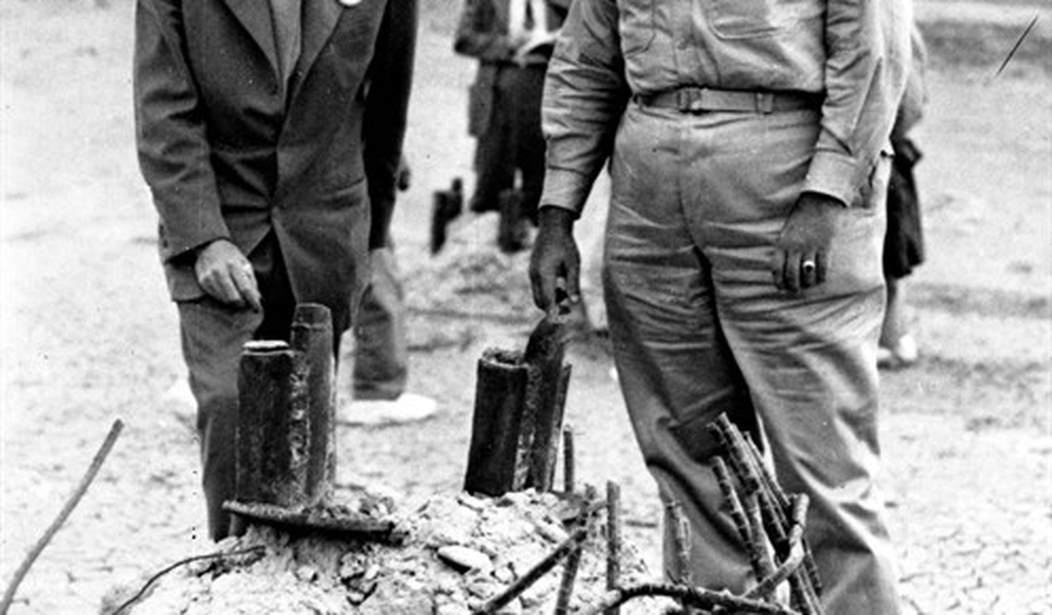
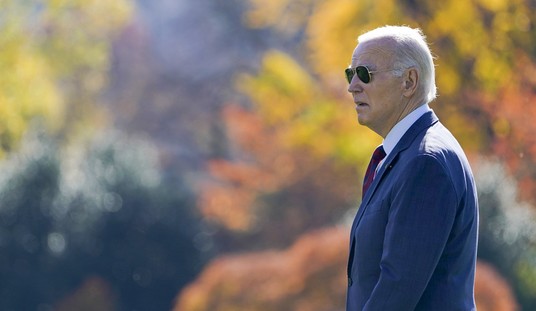




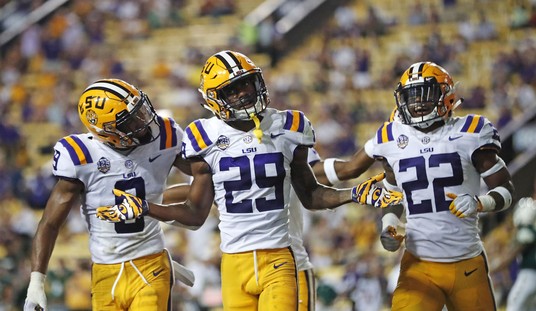
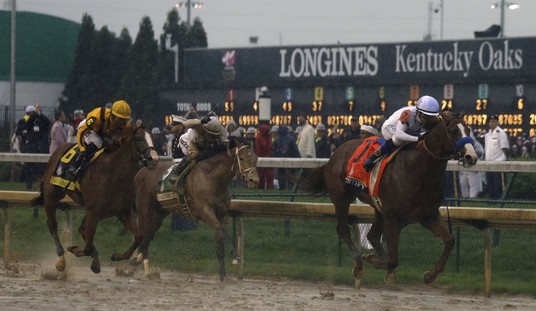
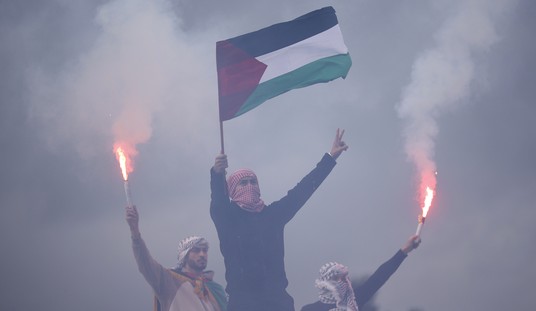



Join the conversation as a VIP Member